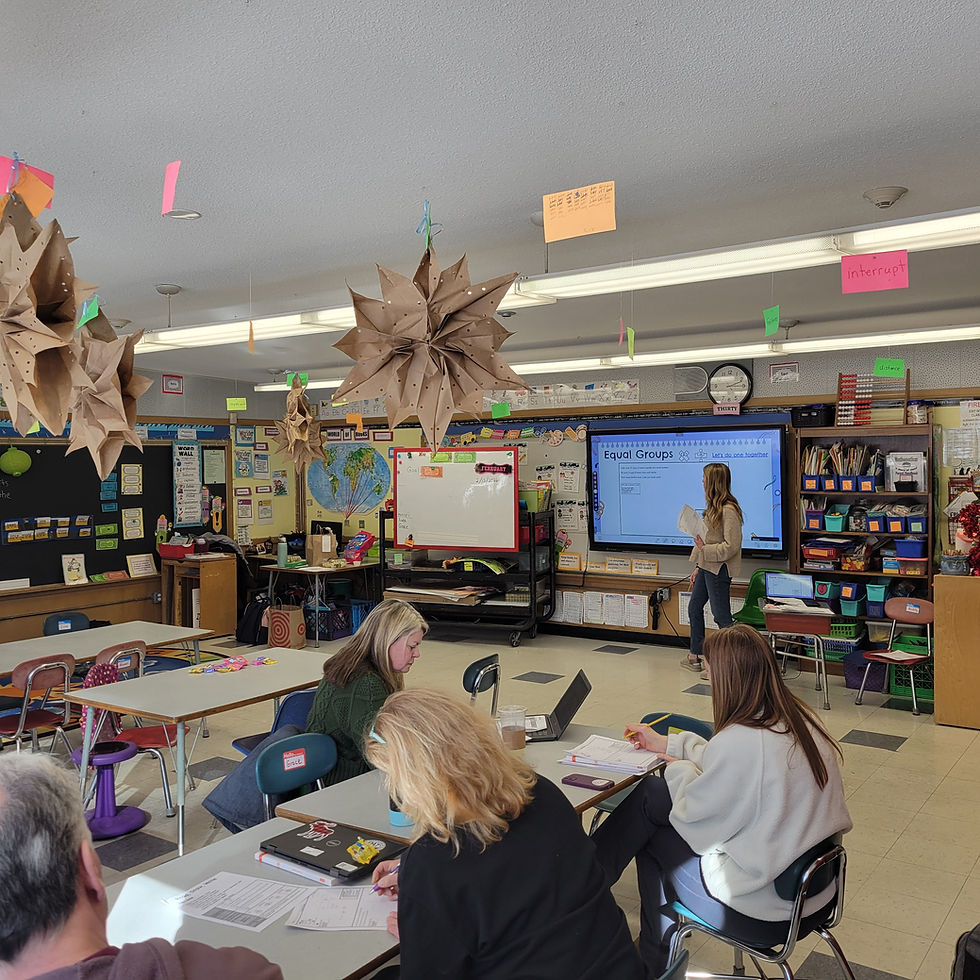Biology as a Gateway to Many Careers
- Brent Conway
- Oct 7, 2021
- 3 min read
In Biology classes students collaborate, analyze, and think critically while learning about the living world. They study a range of topics, ask big questions, make and test hypotheses through hands-on labs, research, and collaborate on group projects. This work leads to the development of lifelong skills and often sparks or solidifies an interest in science or a STEM field.
High School Biology sets the groundwork for future study and can help students pinpoint the appropriate college choices for them. If biology appeals to them, students will choose a college that offers a range of science or engineering majors, minors, and concentrations, along with universities that also serve as research institutions or those with connections or affiliations with a medical school.
An undergraduate degree in a biological field can lead to further study and/or a range of careers, including botany, ecology, environmental science and activism, education, genetics, marine sciences, microbiology, neuroscience, public policy, biomechanics, biomedical engineering, and careers in medicine or the health field. In this article from The Balance Careers, several career options are highlighted for those who have a degree in biology and the job growth outlook in the next decade ranges from 2% to 21% in the careers named.
In an effort to update our text resources to provide a more consistent and rigorous course for students in Grade 9 Biology, Pentucket purchased and is implementing the Miller and Levine text for the 21-22 school year. The last text adoption for Biology was nearly 20 years ago. This high quality curriculum text will be used for both Honors and College Prep Level. The text offers a digital component as well and with updated visual tools, guides students through biological inquiry, builds academic and content vocabulary, while encouraging student thought, discussion and writing around biology. Problem based learning, student led research and lab experiments engage students with applications of natural phenomena.

Image Above:
Freshman student using the Miller Levine text with an interactivity from the Savvas Realize online learning tools.
Pentucket has also expanded the enrollment with AP Biology to engage students in a very rigorous and advanced study. Biology in Focus was adopted in the 2020-2021 school year to meet the needs of the growing AP Biology classes. This text correlates with the College Board’s AP Biology curriculum with the perfect balance of breadth and depth for students to use as a resource in their journey into using critical thinking to understand complex biological phenomena. This text also has an online text component and a Mastering Biology program which has online animations and practice questions that the teachers can assign to students.

Image above: AP Biology students modeling the cell membrane while using the Biology in Focus textbook and discussing how structure leads to function in biological systems.
Image below: A rendering of the science labs in the new MS-HS building, expected to open in the fall of 2021.

As we look ahead, we are all very excited about the opportunities that will connect our high quality curriculum with the new facilities in our $150 million dollar Gr.7-12 Middle High School that is expected to open in the fall of 2022. The state of the art science learning spaces and lab spaces will greatly enhance the opportunities for our students to conduct proper experiments, work collaboratively solving problems and become prepared for using equipment they will see in college classes and in the workforce.
Science, Technology and Engineering is also our curriculum review focus area this year and we will soon begin a district wide review of the K-12 Science Curriculum. This process takes an entire year and combines expertise and insights from educators across the district to collect data and information from student performance and surveys about the strengths and needs of our science curriculum. The review team will develop a needs assessment with suggested actions steps, including the future purchase of other high quality curriculum materials. Often this process has us making site visits with other districts, reviewing materials, and sampling and also comparing to the state standards and analyzing content for the qualities of cultural responsiveness. The end result is a comprehensive report that is presented to the school committee, made public, and is used as a guiding document for purchasing, professional development, and goal setting.
Brent Conway, Assistant Superintendent
Dr. Robin Doherty, Instructional Coach Gr. 7-12
Pam Endyke, Science Department Chair Gr. 7-12




Comments